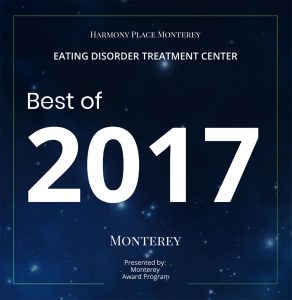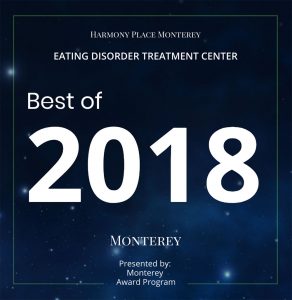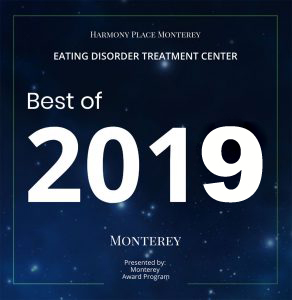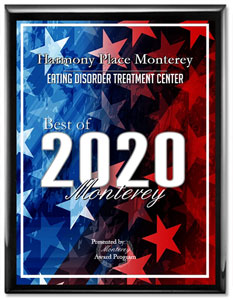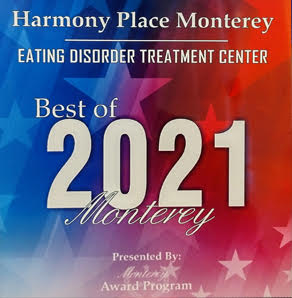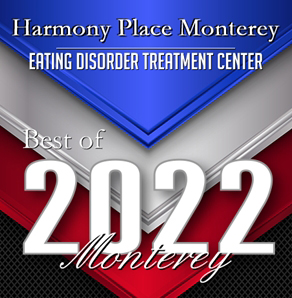Diagnosis and Treatment
The goal of treatment is mood stability. First, we offer an assessment since most clients preset with multiple diagnoses and are different from one another, and they require individualized intervention. With the wide variety of medications such as mood stabilizers, antidepressants, anticonvulsants, antipsychotics, it can be a complex task to determine the targeted symptoms and optimal medication regimen. Also, the side-effects need to be considered as well as minimizing and avoiding addictive substances. It is not unusual for several diagnoses to be present, such as Attention-deficit disorder, Post-traumatic Stress, Anxiety/Obsessions or Depersonalization. The importance of medication being taken consistently is emphasized.
Clients are taught to monitor their mood daily, seek support from family members, particularly those taking medication. They are taught Buddhist principles to better monitor irritability, restlessness, lack of consistent sleep, unusual eating patterns, difficulty in interpersonal relationships, expressions of anger, and the identification of external stress. They learn to quiet their mind and to be less restless and irritable, as well as learn to focus their attention.
In many cases, adequate psychotherapy can be as useful as optimal pharmacology. At Harmony Place Monterey, we help each individual find optimal balance in order to both control as well as maintain wellness and daily function.
Clients are assigned an individualized therapist, specializing in Bipolar Disorder. Family participation is often useful. Our clients are taught how to recognize warning signs and they can meet other clients with similar histories in group session, if desired. Families are taught better ways of communicating, especially those difficult or irritable issues. The goal is to provide optimal stability and minimize the stigma of the diagnosis.
Issues of Bipolar Clients include:
- Medication management
- Ineffective medication
- Need for increased activation when feeling depressed
- Recognizing signals of hypomania
- Recognizing signs of irritability and tools for impulse control
- Difficulty in interactions with others


